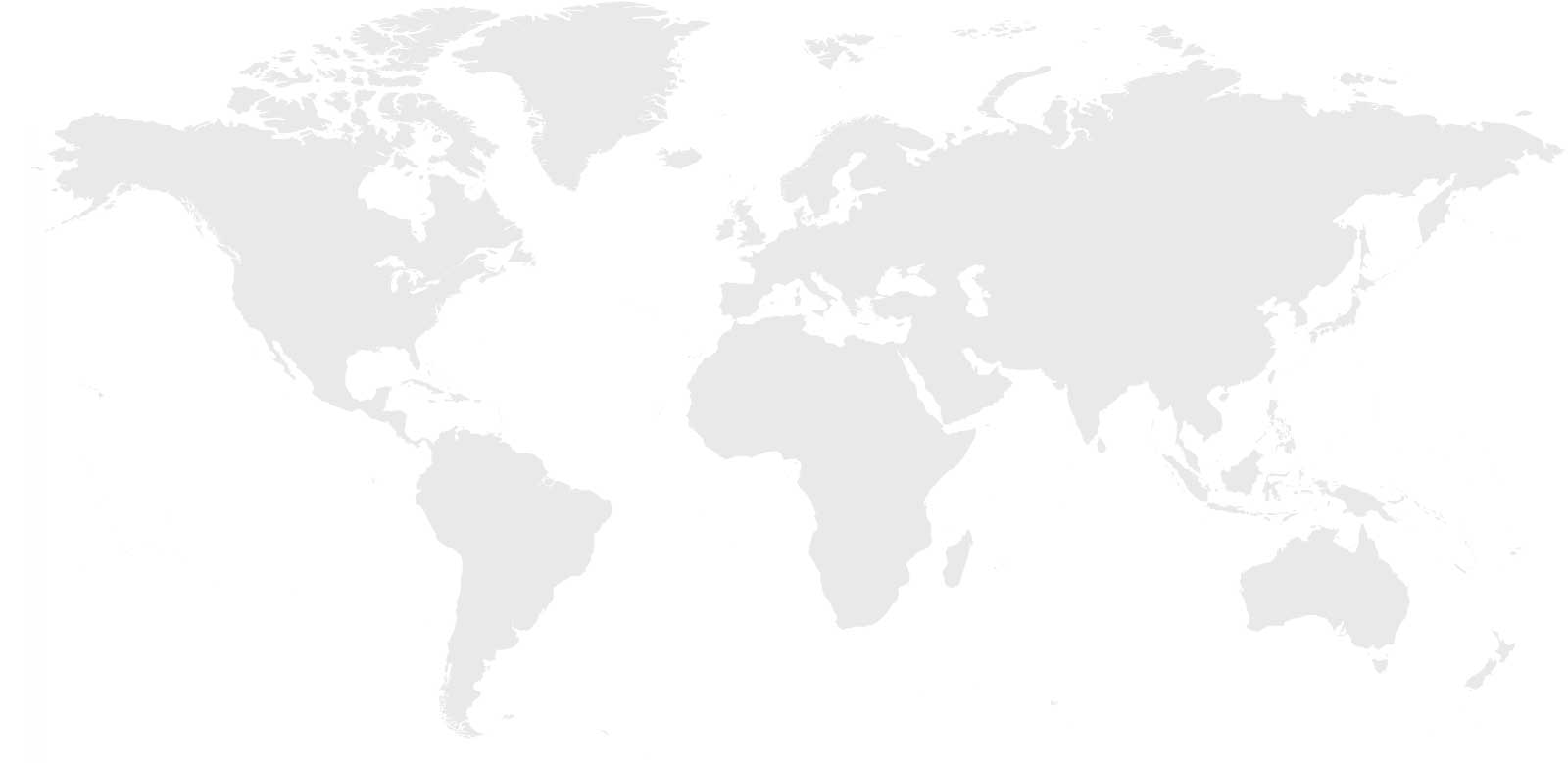We are not lawyers, and we strongly advise you to seek assistance from a lawyer in deciding how to respond to DMCA complaints or how to properly handle them. Below the presented situations simplify the behavior, in case of occurrence of similar situations.
Regardless of whether you own content or not, you have received a notification that someone else claims that it belongs to him. The first step is to remove the content from your site until the matter is resolved. Unfortunately, there is no other way to do with this. Regardless of whether you are an initial or pop store or a large corporation, if someone claims that you are violating their materials, you will need to remove it from your site until the situation is resolved. After sending you a notification of such violation, we will give you 48 hours to clear the material, otherwise we will do it for you.
Just let us know that you have deleted it, and we will contact the claimimg team to let them know that the data has been deleted and the case is solved.
You will want to file a counter-notification to state that the data in question is your property, and you think that it should not be removed.
If the content belongs to you and should not be deleted, you need to send a counter notification to the group sending the deletion notification. The notification should contain the following information:
Your Contact Details
Identification of content deletion (including any necessary links or screenshots)
A statement under penalty of perjury that you honestly believe that the content was deleted by mistake
A statement that agrees with the jurisdiction of your local US federal district court or, if not in the US, the US Federal District Court in any jurisdiction.
The Digital Millennium Copyright Act (DMCA) is a US copyright law that implements the two 1996 agreements of the World Intellectual Property Organization (WIPO). It criminalizes the production and distribution of technologies, devices or services designed to bypass measures (commonly known as digital rights management or DRM) that control access to works protected by copyright.

Copyright 2017 © PQC service. All Rights Reserved.
We Accept: 